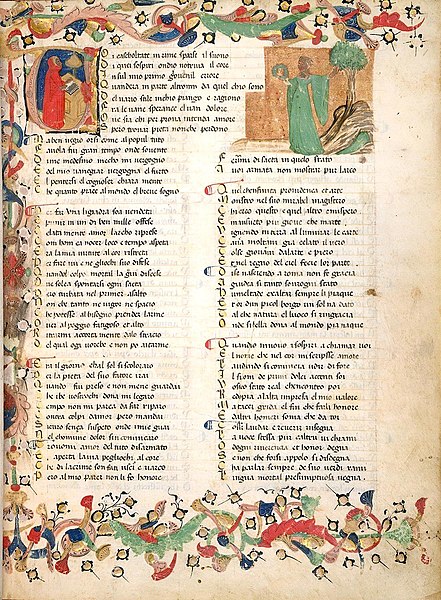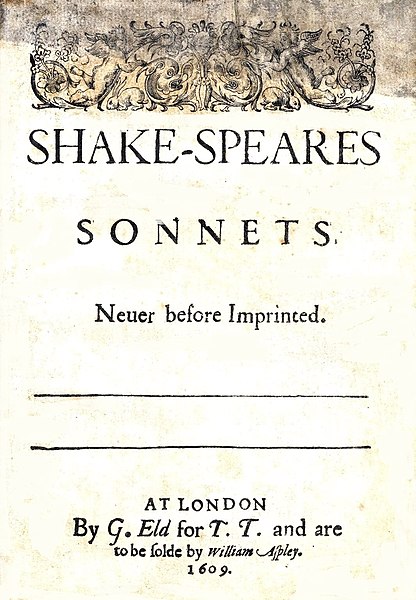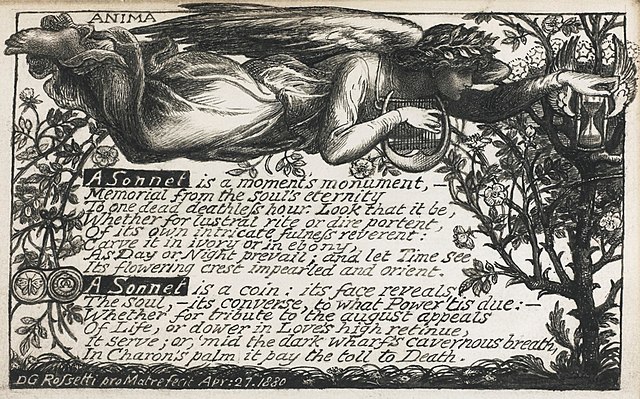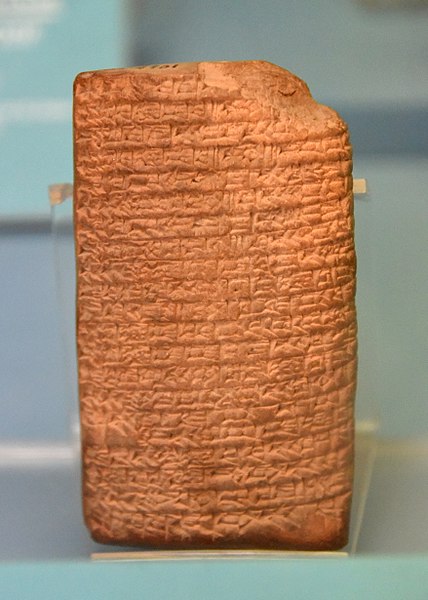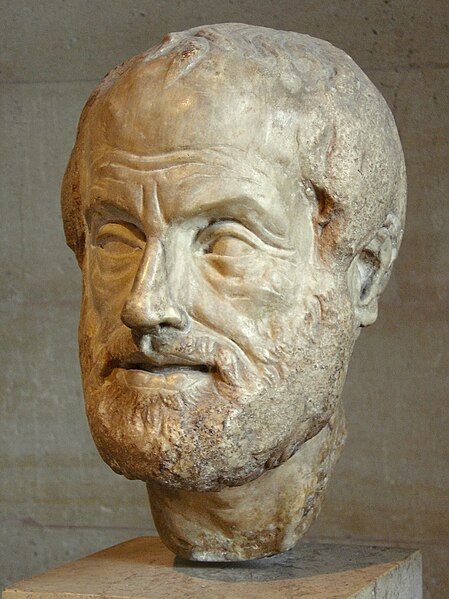A sonnet is a poetic form that originated in the poetry composed at the Court of the Holy Roman Emperor Frederick II in the Sicilian city of Palermo. The 13th-century poet and notary Giacomo da Lentini is credited with the sonnet's invention, and the Sicilian School of poets who surrounded him then spread the form to the mainland. The earliest sonnets, however, no longer survive in the original Sicilian language, but only after being translated into Tuscan dialect.
The first five sonnets of Petrarch's Il Canzoniere
The title page of the first edition of Shakespeare's Sonnets
D. G. Rossetti's illuminated description of the sonnet, 1880
Mary Ellen Solt's concrete "Moonshot sonnet" (1964)
Poetry, also called verse, is a form of literature that uses aesthetic and often rhythmic qualities of language − such as phonaesthetics, sound symbolism, and metre − to evoke meanings in addition to, or in place of, a prosaic ostensible meaning. A poem is a literary composition, written by a poet, using this principle.
The oldest known love poem. Sumerian terracotta tablet#2461 from Nippur, Iraq. Ur III period, 2037–2029 BCE. Ancient Orient Museum, Istanbul
The philosopher Confucius was influential in the developed approach to poetry and ancient music theory.
An early Chinese poetics, the Kǒngzǐ Shīlùn (孔子詩論), discussing the Shijing (Classic of Poetry)
Aristotle

